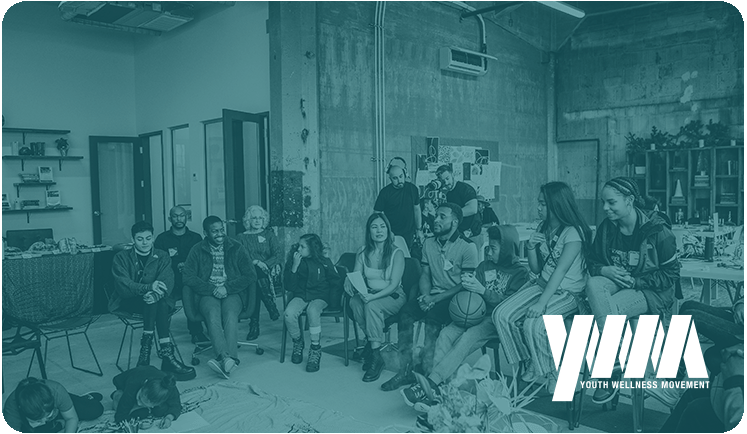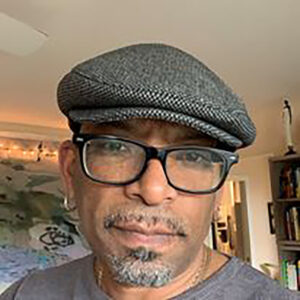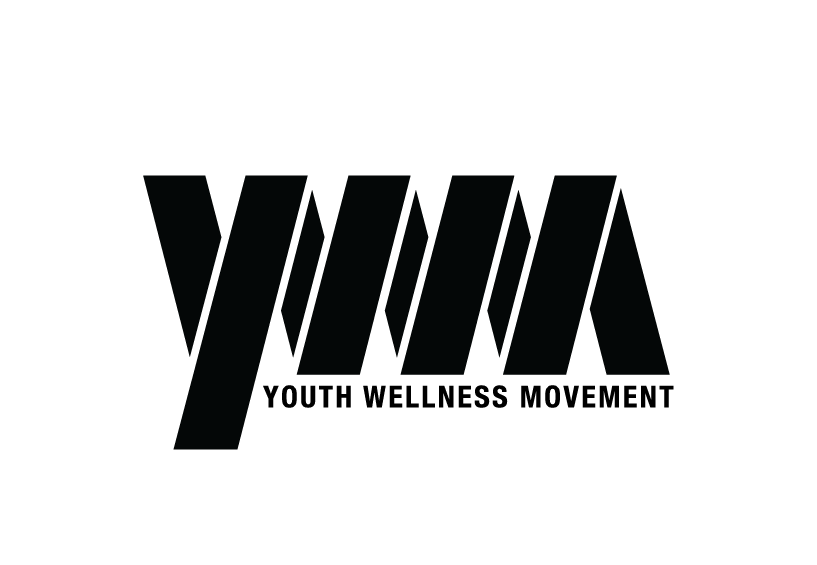The Ideology and Wellness Project

1 Part Video – Total Time: 16:48
By Jose Manny Martinez
Our research was aimed at gathering empirical evidence to describe/explain/predict/
- Innerself
- Interpersonal
- Interconnectedness
I directly asked my students the big questions, What do students need to feel well? and How is the pandemic affecting students’ mental, physical, emotional, and spiritual health?, and allowed them to produce something creative while addressing the three domains aforementioned.
-
Research Questions
- Frameworks
- Methods
#1: How is the pandemic affecting students’ mental, physical, emotional, and spiritual health? (at the following levels)
#2: What do students need to feel and be well? (in the following domains)
#3: What do/can teachers do to support the well-being of students? How do/can schools support the well-being of students and teachers? (in the following domains)
For Research Question #1:
- Ideological: Based on or relating to a system of ideas and ideals, especially concerning economic or political theory and policy.
- Institutional: Of or belonging as part of an institution; established as a convention or norm in an organization or culture
- Interpersonal: Relating to relationships or communication between people.
- Internalized: Attitudes and/ or behavior that become part of one’s nature by learning, conditioning, indoctrination or unconscious assimilation.
For Research Question #2
- Innerself: a strong sense of culture, identity, and agency
- Interpersonal: a rootedness and commitment to showing empathy toward family, community, and peers
- Interconnectedness: positive interrelatedness to ancestors, place, land, and the natural world.
For Research Question #3
- Innerself: a strong sense of culture, identity, and agency
- Interpersonal: a rootedness and commitment to showing empathy toward family, community, and peers
- Interconnectedness: positive interrelatedness to ancestors, place, land, and the natural world.
For Research Question #1
- Mental associations
- Each one teach one
- Prior knowledge
- Parent interviews
- Memoir writing
- Surveys
- Poetry
- Finding song lyrics
- Share circles
- Personal essays
- Conscientization
For Research Question #2
- Memoir writing
- Surveys
- Poetry
- Finding song lyrics
- Share circles
- Personal essays
- Conscientization
For Research Question #3
- One-on-one interviews
- Affinity groups
- Focused professional development
- Teacher-parent conferences focused on this particular research question
About Jose Manny Martinez
José (Manny) Martínez is a relocated New Yorker who spent his formative years on the island of Puerto Rico. After reading Pedagogy of the Oppressed by Paulo Freire, his life would be dedicated to the purpose of uplifting urban youth through education and inspiring them to embody a stronger sense of self through world reflection and self-advocacy. A strong community college proponent, he obtained his Associates Degree from Evergreen Valley College in San Jose, his Bachelors Degree in English from San Jose State University and his Masters in Education from Stanford University. Manny is currently teaching Ethnic Studies at City Arts and Leadership Academy (formely Leadership High School) in San Francisco.


